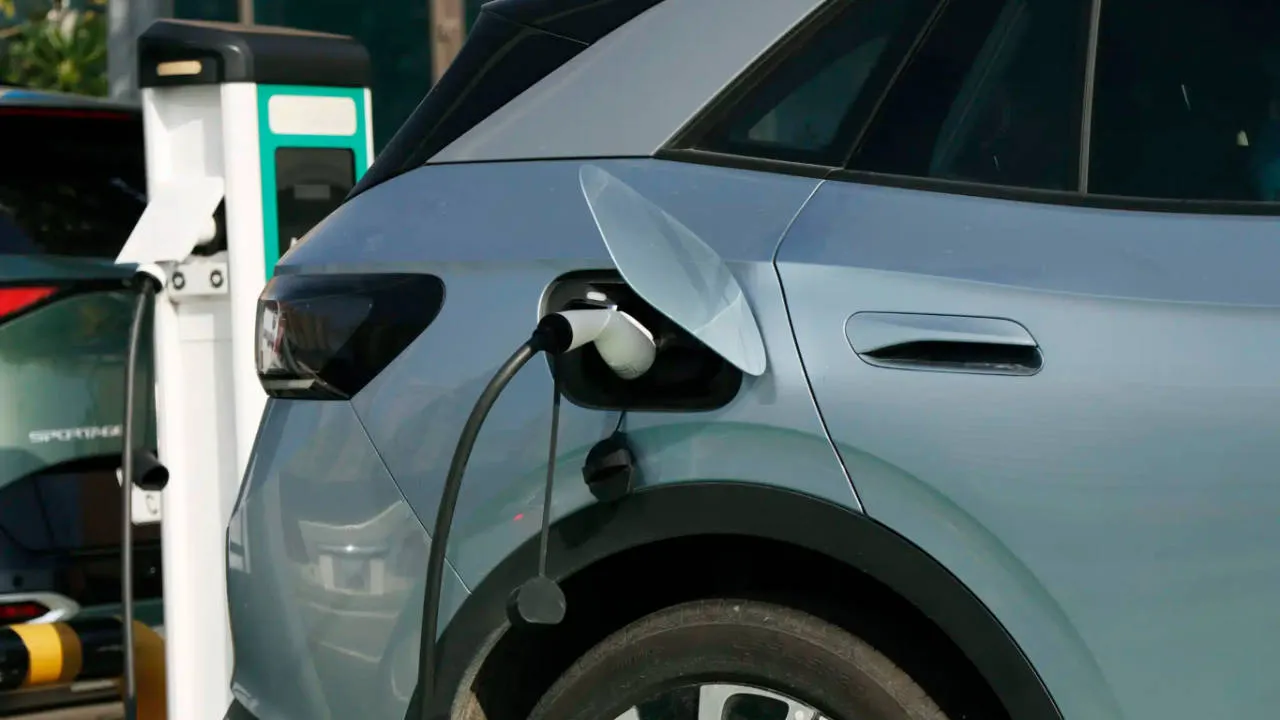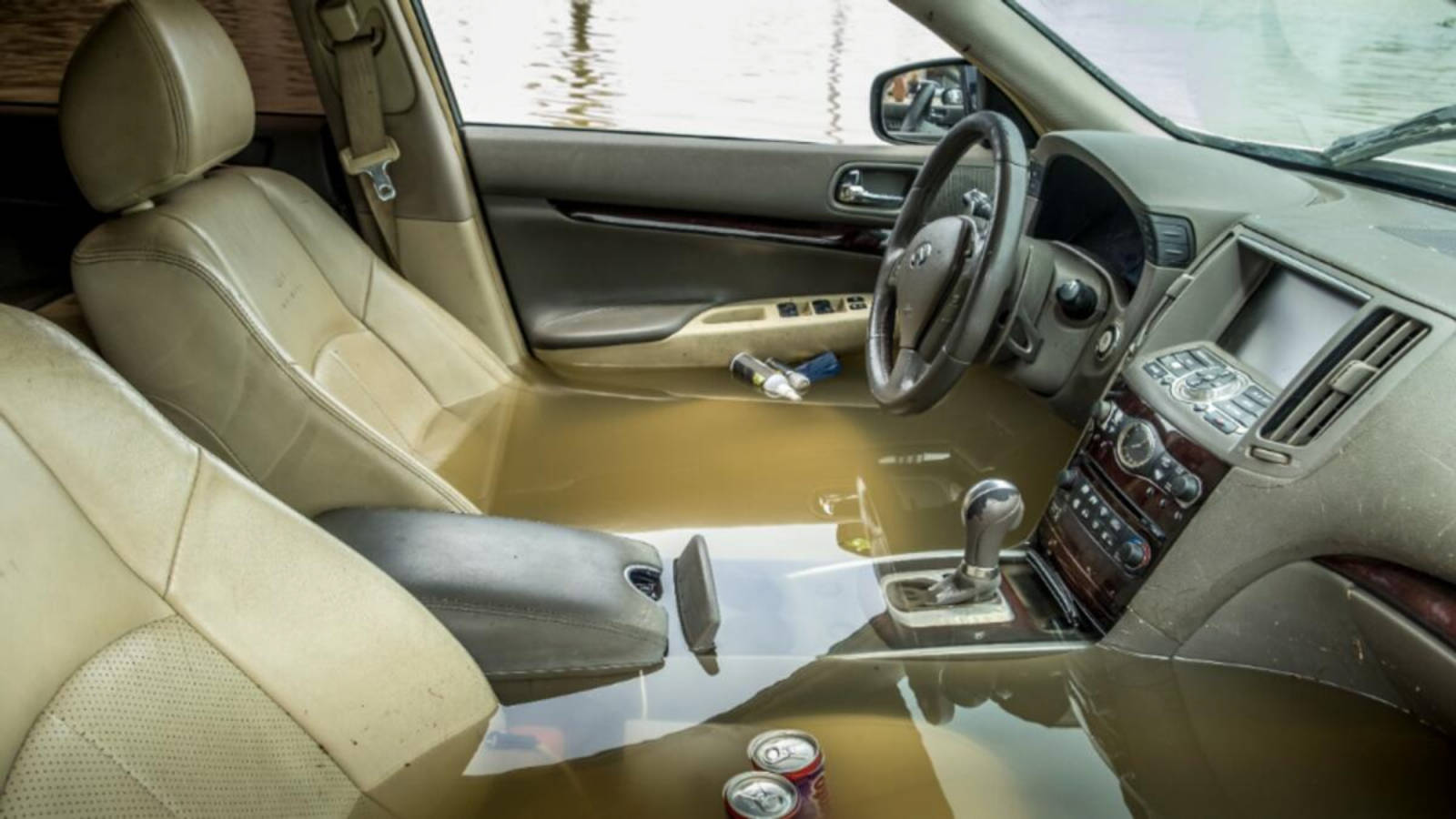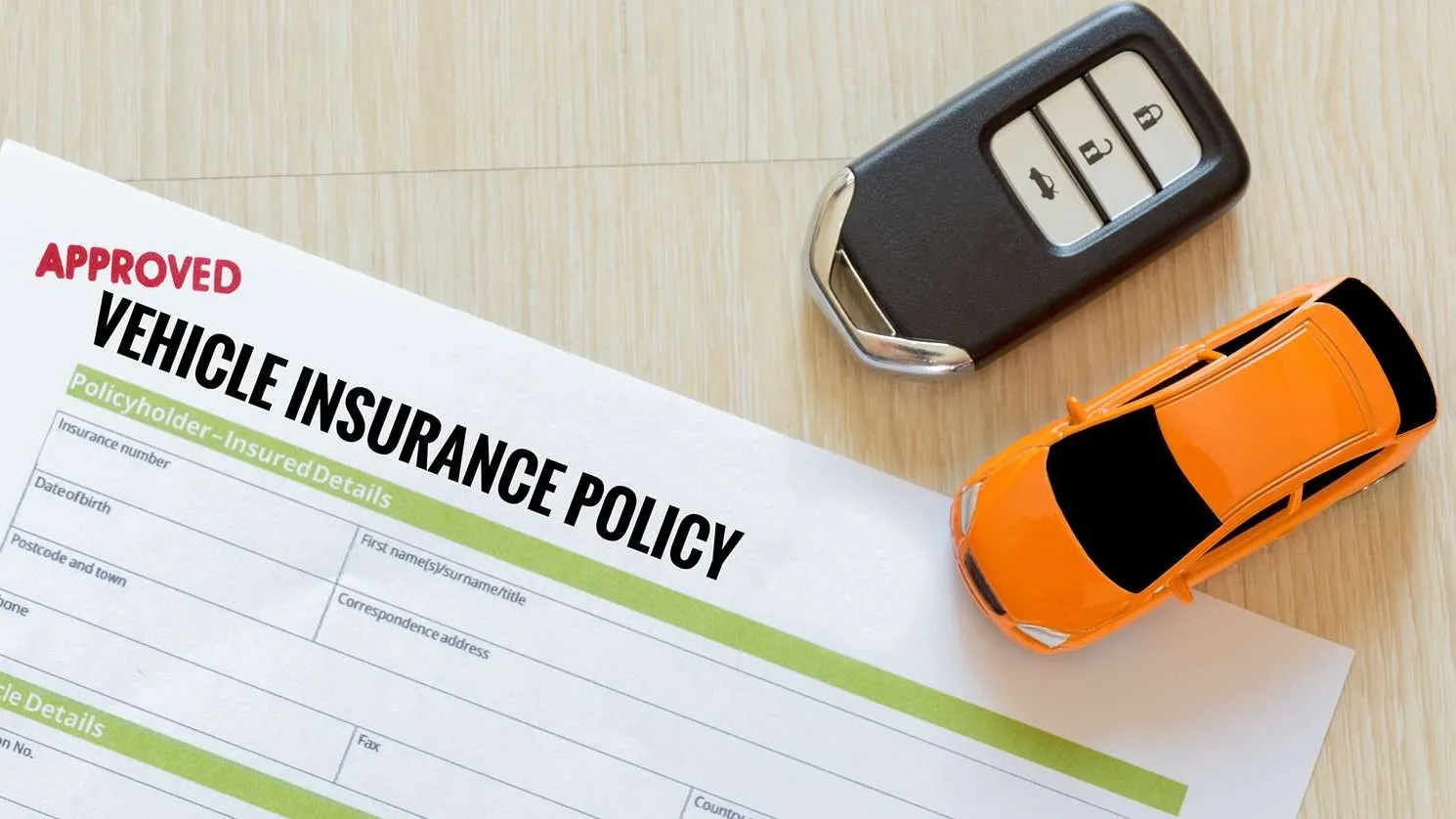Complete Guide To EV Charging At Home In Dubai: Charges, Permit & More Details

Charging your electric vehicle (EV) at home is one of the most convenient ways to keep your car powered up and ready to go. However, ensuring that this process is both safe and secure is crucial.
In this guide, we list the best practices and regulations for installing an EV charger at home in the UAE. If you are looking for information on public charging, here is a detailed guide with charges and more listed in a detailed guide article.
Understanding Home EV Charging Basics
Home EV charging involves using a dedicated charging point, commonly known as an EV charger or wall box, installed at your residence. There are typically two levels of charging available for home use:
- Level 1 Charging: Utilizes a standard 120-volt outlet and the portable charger that comes with most EVs.
- Level 2 Charging: Requires a dedicated 240-volt outlet, similar to what you’d use for large appliances.
Choosing The Right Charging Equipment
Selecting the right equipment is crucial for safe and efficient home EV charging. Here’s what you need to consider:
Certified Charging Station:
Always purchase a charger that meets international safety standards. Look for certifications like UL (Underwriters Laboratories) or CE (Conformité Européene) to ensure it meets electrical safety and quality standards.
Smart Chargers:
Consider a smart charger with Wi-Fi connectivity. These devices allow you to schedule charging times, monitor energy usage, and even control charging remotely, which can add an extra layer of security and convenience.
Installing Your Home EV Charger Safely
Proper installation is key to ensuring the safety and longevity of your home EV charging setup:

- Install the charger in a location that’s easily accessible but protected from the elements. Indoor garages are ideal, but if you’re installing outdoors, ensure the charger is weather-resistant and mounted on a stable surface.
- Depending on your home’s electrical capacity, you might need to upgrade your circuit breaker to support Level 2 charging. This is crucial to prevent circuit overloads that could lead to electrical fires.
- Ensure your EV charger is on a dedicated circuit. Sharing a circuit with other high-load appliances can cause tripping and pose safety risks.
Best Practices For Safe Home EV Charging
Follow these tips to charge your EV at home safely:
- Regularly inspect charging cables and connectors for any signs of wear or damage. Damaged equipment can lead to electrical faults or fires.
- Never use extension cords with your EV charger. They can overheat and aren’t designed to handle the high power load of EV charging.
- Charging during off-peak hours not only saves on electricity costs but also reduces the risk of straining your home’s electrical system during peak demand times.
- Ensure the charging area is free from flammable materials. EV chargers generate heat, and having combustibles nearby can be a fire hazard.
Additional Tips For Home EV Charging
- Time-of-Use Rates: Many electricity providers offer time-of-use rates, where the cost of electricity varies depending on the time of day. By charging your EV during off-peak hours (typically overnight), you can significantly reduce your charging costs.
- Solar Power: If you have solar panels installed in your home, you can use the generated electricity to charge your EV. This can further reduce your reliance on the grid and lower your overall energy costs.
- Emergency Preparedness: While charging stations are generally reliable, it’s always a good idea to have a backup plan in case of malfunctions or power outages. Consider keeping a portable charger or making arrangements with a nearby charging station for emergency use.
- Home Charging vs. Public Charging: While home charging is often the most convenient and cost-effective option, there may be times when you need to use public charging stations. Familiarise yourself with the location of public charging stations in your area and understand the different charging methods and fees.
- Vehicle-to-Grid (V2G) Technology: Some newer EVs are equipped with V2G technology, which allows the vehicle to send electricity back to the grid during peak demand periods. This can help stabilize the grid and earn you additional revenue.
Home Charging For EVs In The UAE
In the UAE, charging your EV at home involves following specific rules, and regulations, and understanding the associated costs. Here’s a detailed overview:
- All installations must comply with DEWA’s safety and technical requirements, including the need for certified equipment and licensed electricians.
- For installing a Level 2 charging station, homeowners must obtain approval from DEWA or the relevant local authority (such as ADDC in Abu Dhabi).
- Only DEWA-approved charging stations and equipment should be used. These chargers meet the required safety and quality standards, reducing the risk of electrical issues. Here is a list of acceptable home EV chargers recommended by DEWA.
- Post-installation, DEWA or the local electricity authority may inspect to ensure compliance with safety standards. This includes checking the charger’s installation, electrical load capacity, and proper grounding.
- In some cases, homeowners may choose to install a separate meter for the EV charger.
Costs for Charging EVs At Home In The UAE
Installation Costs:
- Level 1 Charging: Typically requires minimal setup and can be plugged into a standard 3-pin socket.
- Level 2 Charging: Installation costs vary based on the charger type and complexity of the electrical work required. On average, expect to pay between AED 2,000 to AED 5,000 for the equipment and installation by a licensed electrician.

EV Charging Costs:
- Abu Dhabi: All EV charging stations, public and private, must be registered with either ADDC or AADC. A temporary flat fee of AED 92 per month applies to all EV charger owners until a sub-meter is installed. After meter installation, billing switches to a per-kWh consumption rate, typically around 30 fils per kWh.
- Dubai: In Dubai, the charges are different as compared to Abu Dhabi. There is no flat fee as such. However, there is a consumption fee of AED 0.38/kWh + AED 0.06 Fuel Surcharge/kWh + 5% VAT. This is strictly for home charging solutions.
- Other Emirates: Sharjah, Ajman, and other Emirates have a similar structure to Dubai for charging EVs at home.
The new Model 3 is rated to deliver 629km/full charge for an 82 kWh battery pack. Considering the above charges, it would cost a 2024 Tesla Model 3 owner around AED 39 to completely charge using a home charger. Here are the top 10 EVs for sale in the UAE.
Important Links
- Links to DEWA website and mobile apps: Website, iOS Mobile App, Android Mobile App.
- Here is a link to register with DEWA
- Dubai EV Community Hub website provides information on EV charging in Dubai, including station locations and how to use the charging network.
FAQs
Can I install an EV charger at home in the UAE, and what are the requirements?
Yes, you can install an EV charger at home, but it must comply with DEWA or local authority guidelines and be installed by a licensed electrician using approved equipment.
How much does it cost to charge an EV at home in the UAE?
Charging costs range from AED 0.23 to AED 0.38 per kWh. For an 82 kWh battery, a full charge costs around AED 39.
Are there any special tariffs or incentives for EV charging in the UAE?
Home EV charging uses standard residential rates. Public chargers may offer incentives, but home users can save by charging during off-peak hours or using solar power.
What safety measures should I take when charging my EV at home in the UAE?
Ensure professional installation, use approved equipment, inspect cables, avoid extension cords, and keep the area clear of flammable materials.
Can I use solar power to charge my EV at home in the UAE?
Yes, if you have a solar system installed, you can use it to charge your EV, reducing costs and promoting sustainable energy use.
Find used cars for sale in the UAE and new cars for sale in the UAE.
Subscribe to DubiCars’ WhatsApp Channel for the latest automotive news, guides, polls, and informative infographics.
Also Read:
- Are EVs Better For Floods Than Petrol Cars?
- EV vs ICE In A Car Crash: Which Is Safer?
- Top 10 Electric Cars In The UAE








